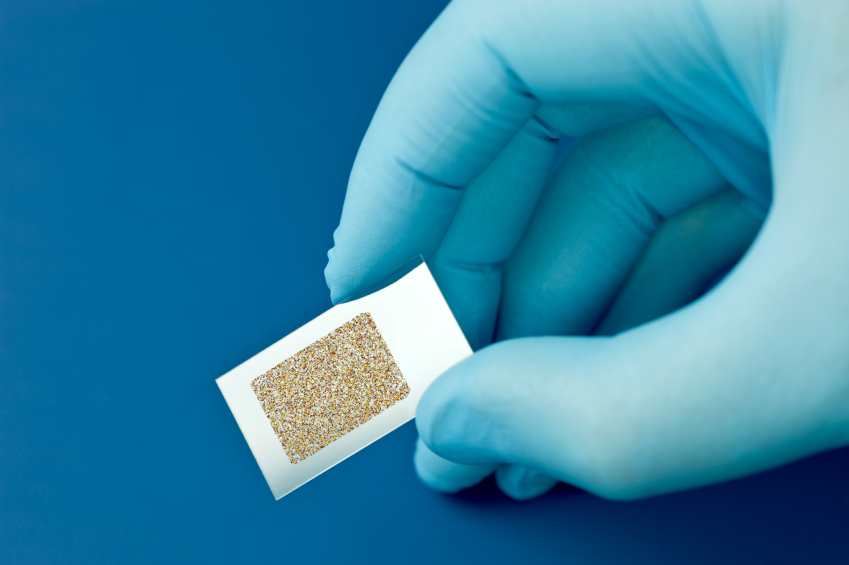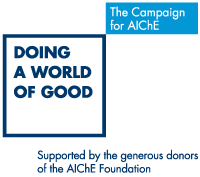
Professor Samir Mitragotri of Chemical Engineering in the University of California, Santa Barbara will be presenting the Andreas Acrivos Award for Professional Progress in Chemical Engineering Lecture, November 15, 2016.
Andreas Acrivos Award for Professional Progress in Chemical Engineering:
In honor of one of the chemical engineering profession’s most influential leaders and one of the great fluid dynamacists of the 20th century, the American Institute of Chemical Engineers (AIChE) has renamed the Professional Progress Award the Andreas Acrivos Award for Professional Progress in Chemical Engineering. Dr. Mitragotri is the Editor-in-Chief of the Bioengineering & Translational Medicine Journal and was recently elected to the National Academy of Medicine.
This award is endowed by the AIChE Foundation thanks to the generous support of the Andreas Acrivos Award for Professional Progress in Chemical Engineering.
Recognizes outstanding progress in the field of chemical engineering. The awardee will have made a significant contribution to the science of chemical engineering through one of the following means:
- A theoretical discovery or development of a new principle in the chemical engineering field.
- Development of a new process or product in the chemical engineering field.
- An invention or development of new equipment in the chemical engineering field.
- Distinguished service rendered to the field or profession of chemical engineering.
Samir Mitragotri, winner of the 2015 Andreas Acrivos Award for Professional Progress in Chemical Engineering and Professor of Chemical Engineering, Stanford University, will be presenting the Andreas Acrivos Award for Professional Progress in Chemical Engineering Lecture.
Understanding and Overcoming Body’s Biological Barriers for Drug Delivery
Samir Mitragotri, Director, Center for Bioengineering; Professor of Chemical Engineering, University of California, Santa Barbara
Effective delivery of drugs is a major problem in today’s healthcare. At a fundamental level, the challenge of drug delivery reflects the fact that the drug distribution in the body is limited by body’s natural metabolic processes and transport barriers. These biological barriers, while serving an important purpose of regulating body’s metabolic functions, limit the drug dose that ultimately reaches the target site. Accordingly, many drugs fail to reach their full therapeutic potential. Our research aims at developing a fundamental understanding of body’s key biological barriers such as skin and intestinal epithelium, and utilizing this understanding to develop novel means to negotiate these barriers to deliver drugs.
Human skin is one of the most sophisticated and well-engineered biological barriers in the human body. In principle, it offers an ideal interface to administer drugs into the body through the use of a transdermal patch. However, its formidable barrier properties limit the drug dose that can enter the body. Our research has led to the understanding of how skin’s structure and transport properties can be modulated using external stimuli such as ultrasonic waves, fluid microjets and amphiphiles, and how these stimuli can be controlled to enable transdermal delivery of drugs that were once thought undeliverable. We have also extended the lessons learned from our skin exploration to understand and negotiate other biological barriers in the body, in particular intestinal epithelium, reticuloendothelial system and tumors. Using transdermal-inspired approaches, we have advanced ways to understand and enhance drug delivery across the intestinal epithelium via oral route using patches. We have also designed patches that can be delivered within the body using circulatory cells such as red blood cells and macrophages by navigating through the internal biological barriers of the liver, lung, brain and tumors. I will present an overview of the lessons learned from our exploration of these biological barriers.


